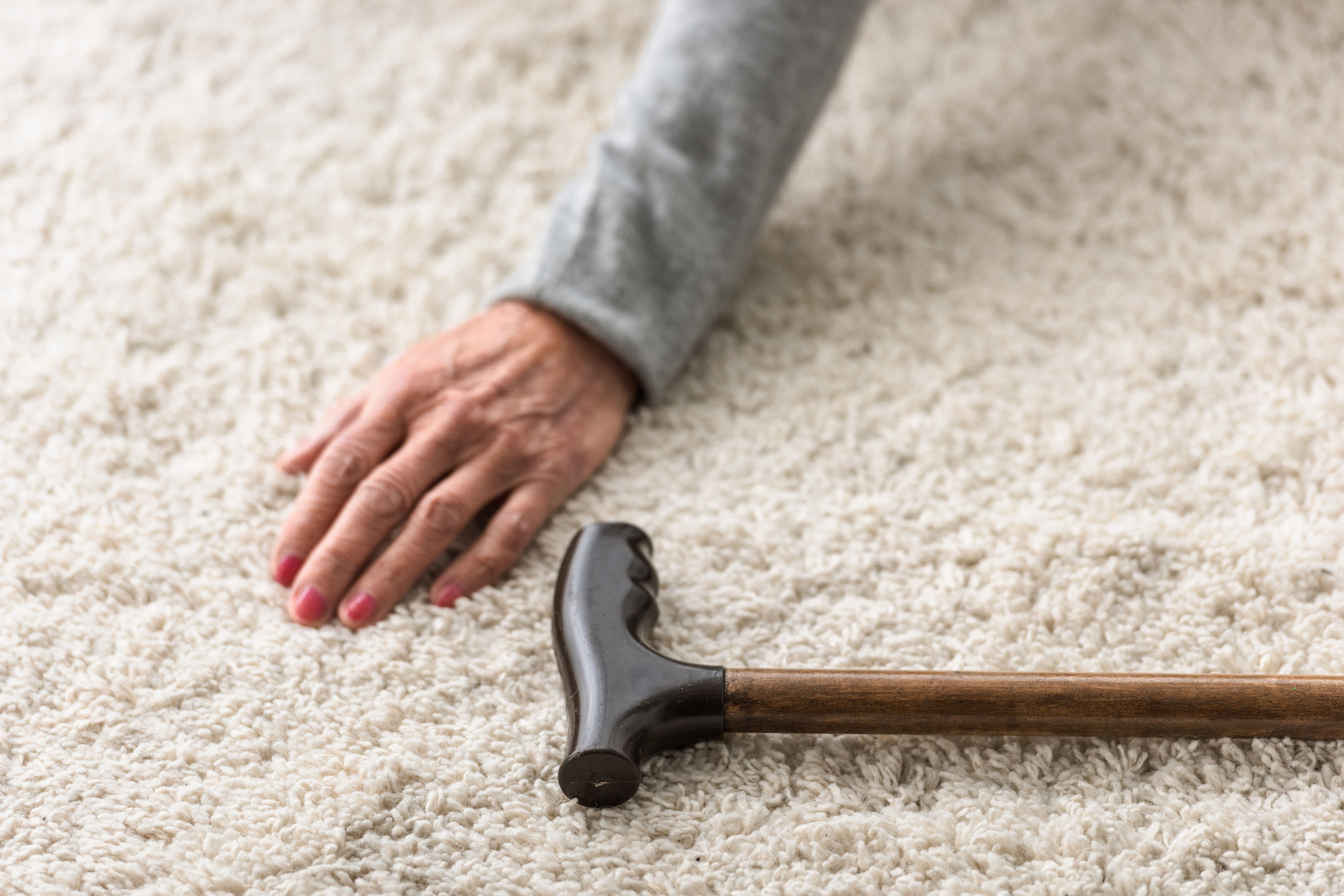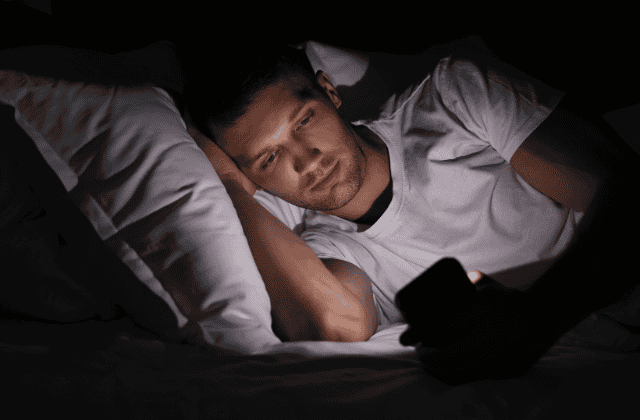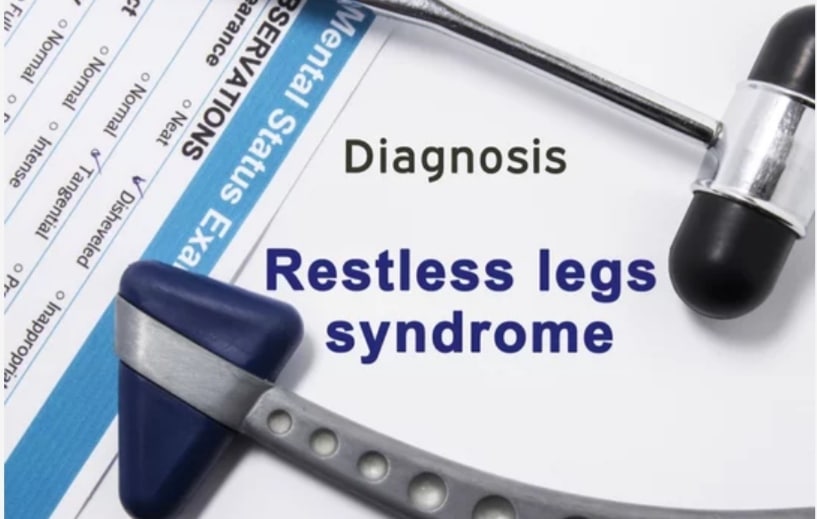Sleep is as vital to our health as food and water. Yet, in today’s fast-paced world, millions of people cut corners on sleep—knowingly or unknowingly. While missing a few hours here and there may seem harmless, chronic sleep deprivation can take a serious toll on your mental health.
What Is Sleep Deprivation?
Sleep deprivation occurs when a person gets less sleep than they need to feel awake and alert. While most adults need 7 to 9 hours of sleep per night, many get far less due to busy schedules, stress, or sleep disorders like insomnia or sleep apnea.
Chronic sleep deprivation doesn’t just make you feel tired, it disrupts your cognitive function, mood regulation, and mental well-being.
The Connection Between Sleep and Mental Health
Sleep and mental health are deeply interconnected. One affects the other in a continuous loop.
1. Brain Function and Emotional Balance
When you sleep, your brain processes emotions, stores memories, and resets itself. Without adequate rest, this process is interrupted.
- Lack of sleep impairs the amygdala, the part of your brain responsible for emotional responses. This leads to exaggerated emotional reactions to stress and minor inconveniences.
- It also weakens your prefrontal cortex, which is essential for decision-making and impulse control.
This neurological imbalance can lead to mood swings, irritability, and difficulty coping with everyday stress.
2. Increased Risk of Mental Health Disorders
Numerous studies link sleep deprivation to mental health conditions such as:
- Depression: People with insomnia are 10 times more likely to develop depression compared to those who sleep well. A study published in Sleep journal found that 87% of individuals with depression reported sleep issues as a key symptom [1].
- Anxiety: Poor sleep increases anticipatory anxiety, especially in people with generalized anxiety disorder.
- Bipolar Disorder: Lack of sleep can trigger manic episodes in people with bipolar disorder.
- Psychosis: Severe sleep deprivation may lead to hallucinations and delusional thinking.
Statistics That Highlight the Problem
- 1 in 3 adults in the United States doesn’t get enough sleep on a regular basis [2].
- 50% to 80% of patients in a typical psychiatric practice suffer from chronic sleep problems, compared to 10% to 18% of adults in the general U.S. population [3].
- Adolescents who sleep less than 6 hours per night are 3 times more likely to report suicidal thoughts than those who sleep 8 hours [4].
These figures aren’t just numbers, they reflect a growing public health concern.
How Sleep Deprivation Affects Different Age Groups

Teens and Young Adults
Teenagers need around 8 to 10 hours of sleep each night, yet school schedules, social media, and academic stress often reduce their rest. Sleep-deprived teens show increased risks of:
- Poor academic performance
- Substance abuse
- Depression and anxiety
- Suicidal ideation
Working Adults
Job pressure and digital distractions keep many adults up at night. Sleep loss in this group often results in:
- Higher levels of burnout
- Reduced productivity
- Increased reliance on caffeine or stimulants
- Strained relationships
Older Adults
Aging affects sleep quality due to health conditions, medications, and changes in circadian rhythm. Poor sleep in older adults may lead to:
- Memory problems
- Risk of dementia
- Increased loneliness and depression
Signs You’re Not Getting Enough Sleep
Sometimes we normalize poor sleep without realizing its damage. Watch out for these warning signs:
- Daytime fatigue and low energy
- Trouble concentrating or remembering
- Mood swings or irritability
- Difficulty handling stress
- Increased cravings for sugary foods
If these symptoms sound familiar, it’s time to take your sleep seriously.
Ways to Improve Sleep and Support Mental Health
The good news is that improving sleep can have a profound impact on your mental well-being. Here are evidence-based strategies:
1. Maintain a Consistent Sleep Schedule
Go to bed and wake up at the same time—even on weekends. Consistency reinforces your body’s internal clock.
2. Create a Sleep-Friendly Environment
- Keep your bedroom cool, dark, and quiet.
- Avoid using your phone or computer an hour before bed.
- Invest in a comfortable mattress and pillows.
3. Limit Caffeine and Alcohol
Both substances disrupt sleep patterns. Try to cut them off by early afternoon.
4. Practice Relaxation Techniques
Breathing exercises, meditation, or a warm bath before bed can calm your mind and body.
5. Seek Professional Help
If you’re battling chronic insomnia or mental health challenges, consult a therapist or sleep specialist. Cognitive Behavioral Therapy for Insomnia (CBT-I) has shown great success in treating both sleep issues and depression simultaneously.
Final Thoughts
Sleep is not a luxury, it’s a necessity. Without it, our brains can’t regulate mood, manage stress, or function clearly. While mental health disorders can disrupt sleep, lack of sleep can also fuel those same disorders, creating a vicious cycle.
By prioritizing sleep, you not only boost your mental health but also improve your quality of life. Make rest a non-negotiable part of your self-care routine. Your mind will thank you.
References
[1] Baglioni, C. et al. (2011). Sleep and mental disorders: A meta-analysis of polysomnographic research. Sleep Medicine Reviews, 15(4), 263–270.
[2] Centers for Disease Control and Prevention (CDC). (2022). 1 in 3 adults don’t get enough sleep. https://www.cdc.gov/sleep/index.html
[3] National Alliance on Mental Illness (NAMI). (2023). Sleep Disorders. https://www.nami.org
[4] Wheaton, A. G., Ferro, G. A., & Croft, J. B. (2016). School start times for middle school and high school students — United States, 2011–12 school year. Morbidity and Mortality Weekly Report, 64(30), 811–815.
Please follow and like us:



















 English (US) ·
English (US) ·